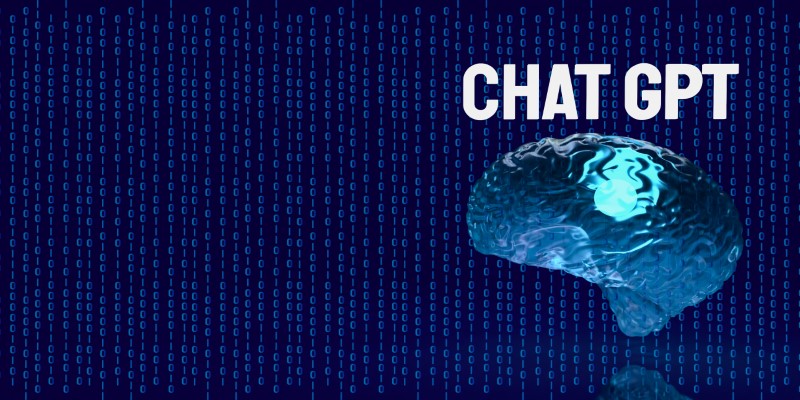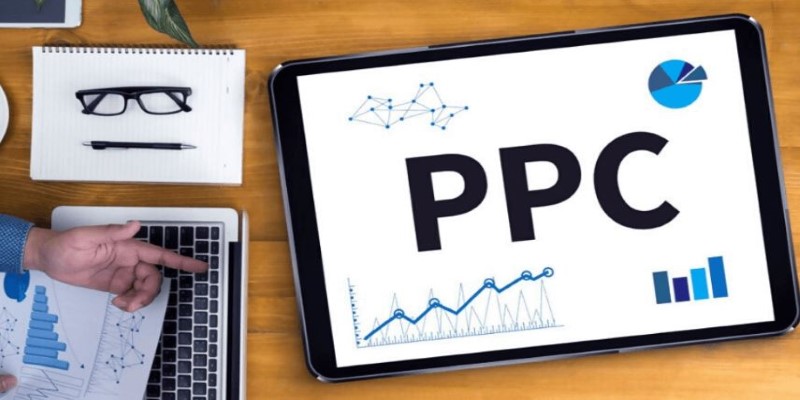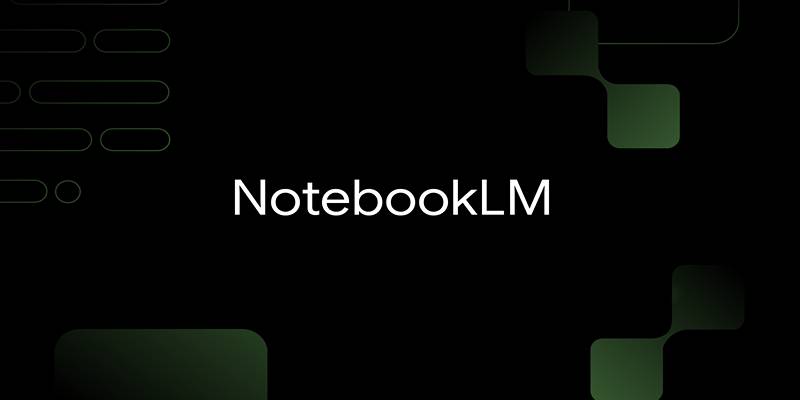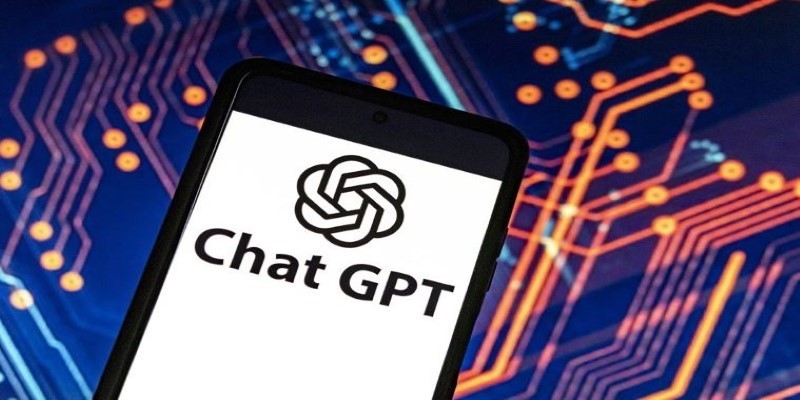Managing a PPC campaign can often feel like juggling multiple tasks with little room for error. Every click counts, and yet, the right adjustments at the right time can make all the difference. That's where ChatGPT steps in. Rather than simply automating tasks, it serves as a smart, insightful assistant, helping you track campaign performance, uncover trends, and make data-driven decisions in real-time. Think of it as an extra pair of eyes—one that never misses a detail—allowing you to refine your strategy, optimize your spending, and ultimately, drive better results with ease.
Consistent Monitoring with Fresh Eyes
At the core of every successful PPC campaign is awareness. If you don’t know where things are headed, you can’t change course. Many marketers rely on dashboards and weekly checks. But even with those, it’s easy to miss subtle changes—like rising CPCs on key terms or a slight drop in CTR on a mobile device. ChatGPT steps in by helping you interpret this data more frequently and thoroughly.
It can analyze exported campaign data and find inconsistencies or trends you haven’t noticed. Let’s say your impressions remain steady, but conversions are dropping. ChatGPT can guide you to possible causes—ad fatigue, landing page issues, or irrelevant search queries. It reads patterns without getting tired or distracted. And when paired with scripts or integrated reporting tools, it offers explanations in plain English.
Another useful application: you can ask ChatGPT to simulate what a customer might experience based on your ad copy and keywords. This kind of human-like interpretation helps spot disconnections between your ads and your offer—something numbers alone can’t do.
This level of consistent, conversational insight helps you stay close to the pulse of your campaign without feeling overwhelmed by the data flood. Monitoring becomes lighter but more effective. You catch issues early, not after they’ve drained your budget for weeks.
Smarter Adjustments That Aren’t Just Guesswork
Making changes to a campaign can feel like poking in the dark. You tweak a headline or bump up a budget, but without a clear reason or plan, the result is often more confusing. This is where ChatGPT gives structure to your next moves.

By evaluating campaign performance across multiple metrics, it offers context-driven suggestions. Let’s say certain keywords are eating your budget but not converting. ChatGPT won’t just tell you to pause them. It’ll help figure out why they aren’t working. Are they too broad? Are users bouncing? Does the landing page align with their intent?
This is where AI's strength in digital marketing shines. You can ask ChatGPT to review your ad group structure, identify duplicate keyword overlap, or even help restructure underperforming campaigns into tighter themes. It doesn't just react—it helps you rethink strategy through a different lens.
Even better, when launching new A/B tests, you can use ChatGPT to craft variant copy based on specific tones or user personas. Instead of rewriting everything from scratch, you get several smart starting points tailored to your goals. It streamlines creative experimentation without adding more pressure.
These adjustments become part of a continuous loop: review data, interpret it, make clear decisions, and repeat. It’s a feedback cycle that evolves without the usual lag—and that’s key to staying ahead in PPC.
Long-Term Wins Through AI-Backed Strategy
Short-term wins matter, but a campaign's scalable structure is built on a long-term structure. Most advertisers get caught up in daily tweaks and forget about building a roadmap. Here, ChatGPT becomes a planning tool rather than just a reactive assistant.
With long-term performance goals in mind—lower cost per conversion, higher ROAS, stronger audience retention—you can ask ChatGPT to help sketch a bigger-picture strategy. This could include pacing spending plans, shifting ad priorities based on seasonality, or even shaping your entire keyword structure around buyer intent instead of volume.
Because ChatGPT learns through conversation, you can feed it historical performance data and ask for trends over time. Maybe your best-performing keywords last year aren’t holding up this quarter. Or perhaps your budget allocation is tilted too far toward brand terms instead of acquisition. These aren’t always obvious until someone (or something) looks at it from a zoomed-out view.
More importantly, ChatGPT doesn't introduce bias or assumptions. It doesn't favor one channel or tactic; it just reflects what the data says. This keeps your strategy honest and grounded in reality, not hype or guesswork.
The real beauty? You can build PPC frameworks with ChatGPT that serve as internal guides for your team. Whether it’s rules for ad testing, processes for weekly reporting, or triggers for campaign changes, you create a rhythm that can be scaled and handed off. AI in digital marketing should simplify—not complicate—your systems. That’s exactly what this approach does.
Unlocking Greater Efficiency with ChatGPT-Driven Insights
As your PPC campaigns expand, managing large volumes of data becomes a challenge. ChatGPT makes this easier by quickly identifying the most important performance metrics. It processes data using advanced algorithms and natural language processing, highlighting trends and patterns you might overlook. This allows you to make quicker, more informed decisions. Instead of manually sifting through endless reports, ChatGPT condenses insights into actionable information.

Over time, as it analyzes more data, its suggestions improve, pinpointing inefficiencies and growth opportunities more accurately. This efficiency not only streamlines campaign management but also frees up your time, allowing you to focus on strategic decisions and creative elements while ChatGPT handles the data analysis.
Conclusion
ChatGPT offers a powerful tool to optimize your PPC strategy by providing consistent monitoring, smarter adjustments, and long-term strategic insights. It helps you make data-driven decisions faster, uncover hidden trends, and fine-tune campaigns with ease. By leveraging AI in digital marketing, you can stay ahead of the curve, improve your ROI, and streamline your processes. While ChatGPT enhances efficiency, the human touch remains vital for creativity and decision-making. Embrace this AI-powered collaboration, and watch your PPC performance soar as you focus on what truly matters—delivering impactful results.











